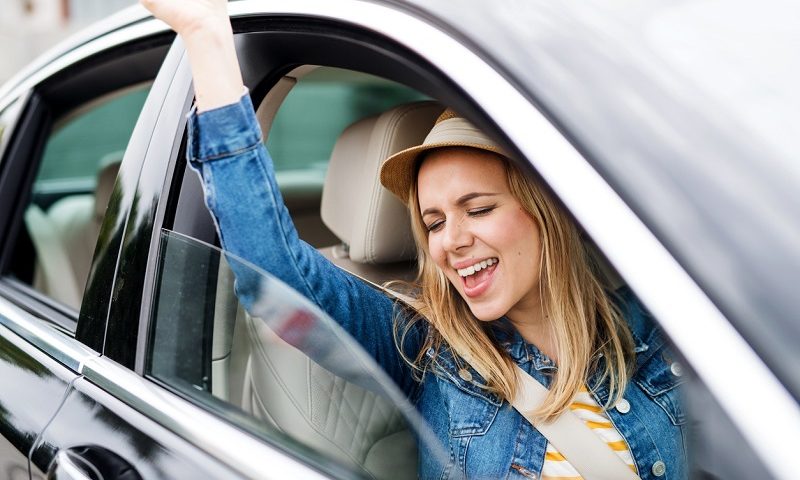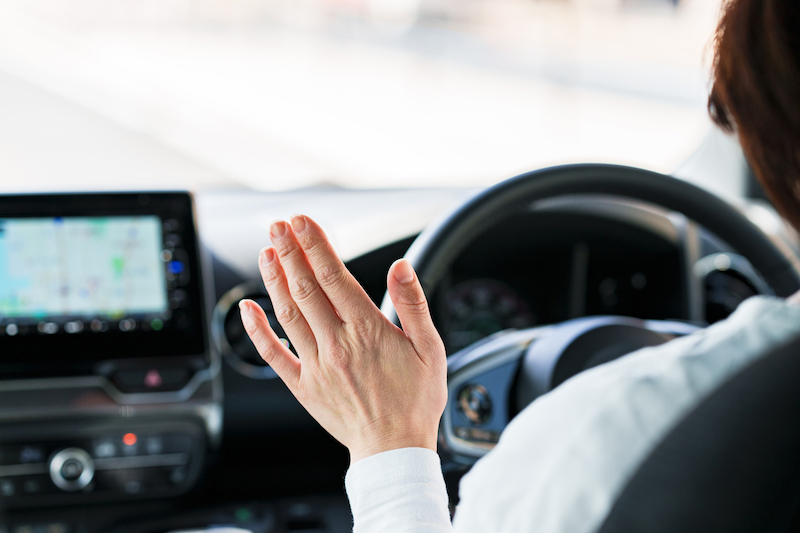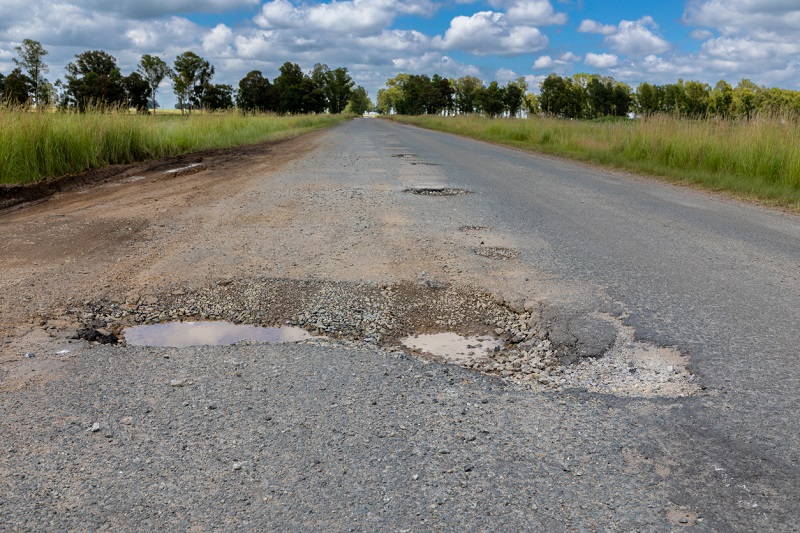Drivers listening to R&B have the worse reaction times

What type of music do you like listening to when you’re behind the wheel?
A new study suggests drivers who listen to R&B in the car typically display the slowest reaction times when it comes to braking ahead of a potential hazard.
Reaction times by genre
Drivers using a simulator at 70 mph broke 14 feet too late while listening to music classed as R&B, meaning they’d have been unable to avoid a dangerous collision, the study of 103 motorists found.
Jazz emerged as the next most dangerous, in the study from Uswitch.com and behavioural science consultancy CX Lab, with drivers stopping with just 4ft to spare, followed by classical music with just 9ft leeway.
Perhaps surprisingly, rap music was deemed the safest genre to listen to, with drivers hitting their brakes a full 51ft before an oncoming hazard – better results than those listening to no music at all.
Other factors
The study also looked at how men and women’s reaction times compared to one another – assuming no other external factors – discovering that women tend to spot hazards quicker than men in a car driving at 30mph.
Over the course of the simulated research, women broke a full 22ft sooner than their male counterparts on average, at 17ft before an obstacle compared to 48ft for men.
And it seems a regulated caffeine hit can also have a positive effect on reaction times. Overall, drivers who’d enjoyed a cup of coffee before the test recorded the best reaction times, achieving an average stopping distance of 78ft before any potential collision.
What can affect your reaction times?
It’s vitally important that you’re able to spot potential hazards on the road in enough time to avoid an accident. Among our top tips include:
- Keep a safe distance
It might sound obvious, but it’s critical to keep a safe distance from other vehicles. The time required to safely stop is two seconds in dry conditions, four seconds in wet, and 20 seconds in icy or snowy terrain, according to the Driver and Vehicle Standards Agency (DVSA).
- Avoid driving when tired
If you’re feeling worn out this could easily affect your attention span, awareness and reaction times.
- Don’t get distracted
Changing radio stations, fiddling with a sat-nav or talking to passengers means you’re not completely focussed on the road ahead and will take longer to react to potential hazards. Avoid all unnecessary disturbances.
- Take a break on long journeys
Try to take a minimum 15-minute break every two hours.
If you’re planning a long journey, get prepared with our driving tips.


